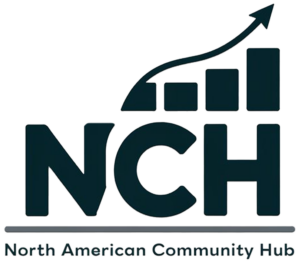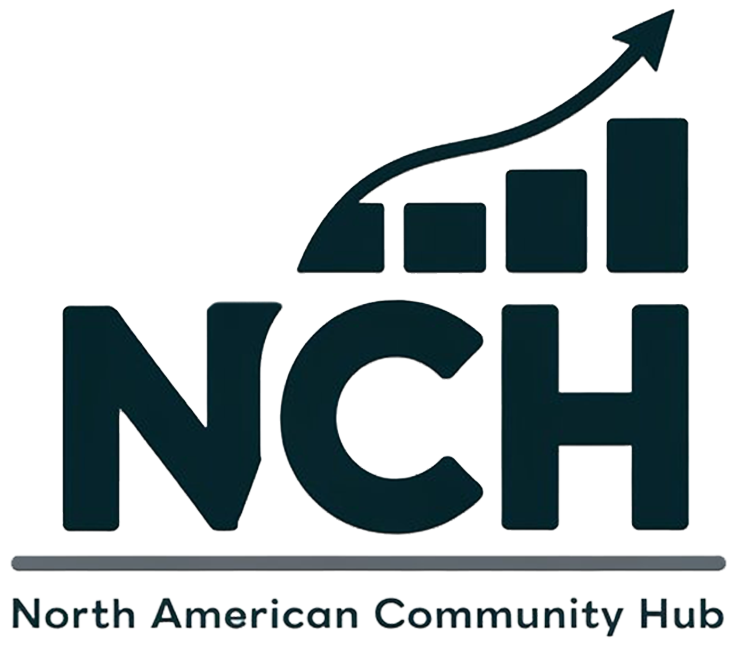America is growing fast again. New families, job seekers, and businesses are moving toward cities that offer better opportunities and stable futures.
According to United Nations data released on February 11, 2025, the population of the United States stands at about 386.7 million. Roughly 311 million people live in cities, based on Macrotrends data, which equals about 4.72 percent of the world’s total population.
Across the country, population density averages about 21 people per square kilometer. About 82 percent of Americans, or nearly 316.7 million, now live in urban areas. The median age is 38.5 years, marking a generation that drives the nation’s workforce and migration flow.
Cities across the United States are expanding fast as people seek stronger job markets, better living conditions, and fresh starts in growing communities.
Read ahead to see the 8 fastest-growing cities in the United States in 2025 and where the next wave of progress takes shape.
Select 69 more words to run Humanizer.
1. Atlanta, Georgia
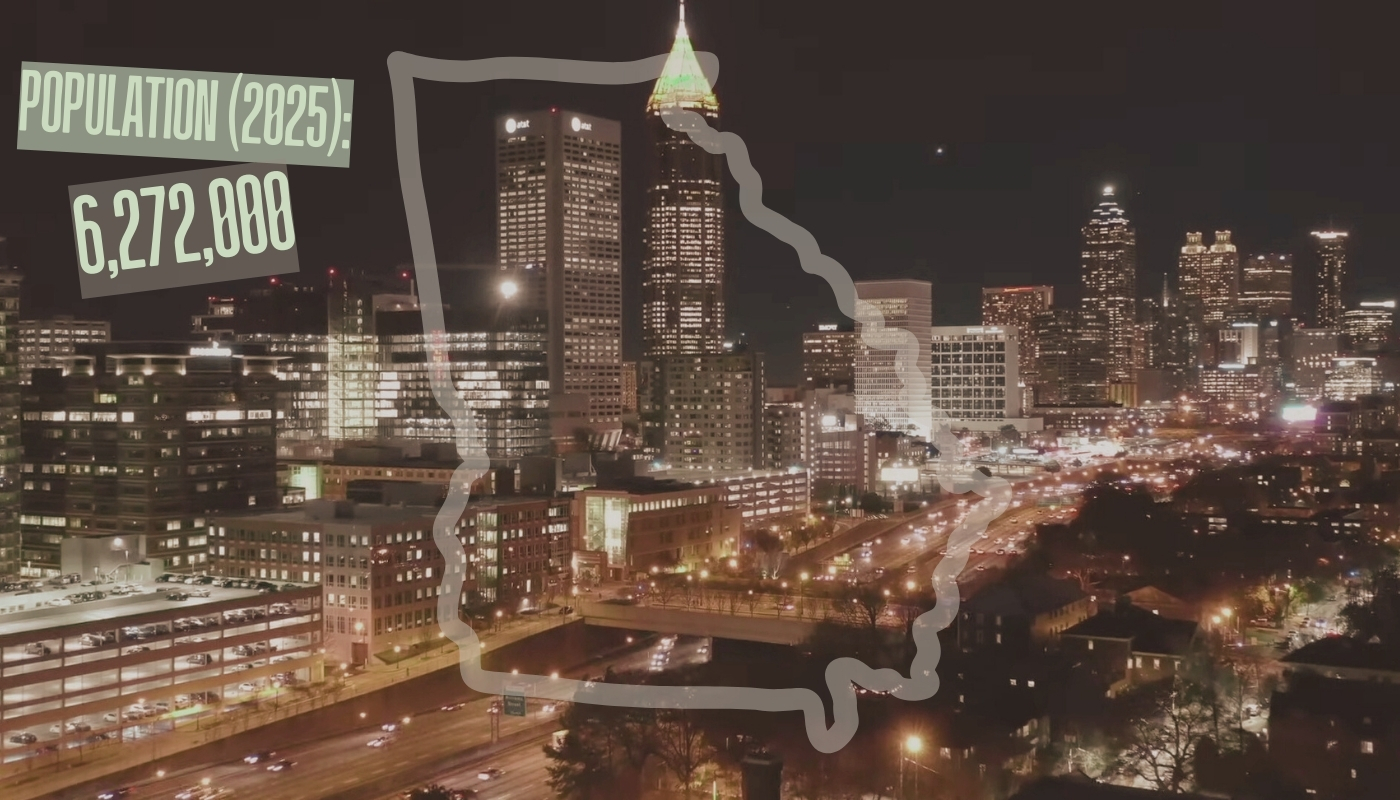
Atlanta continues to attract new residents due to its diverse economic opportunities across various industries, including technology, healthcare, and film production.
The quality lifestyle amenities, such as its well-known arts scene, numerous parks, and famous restaurants, make it an appealing destination for many, as noted by Macrotrends.
- Population (2025): 6,272,000
- Population Growth Rate (2024-2025): 1.28% increase
- Median Home Price (December 2024): $375,000 as per Realtor.com
2. Charlotte, North Carolina
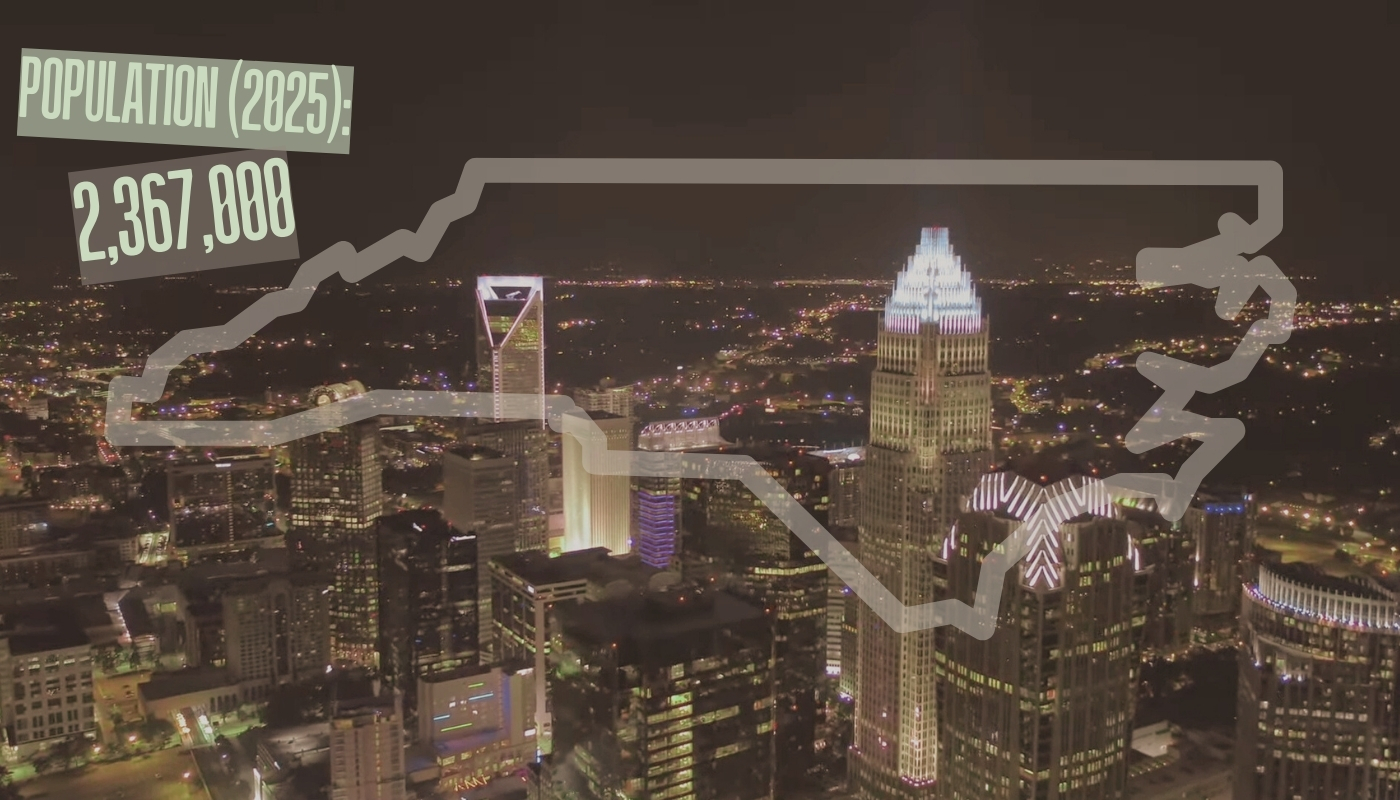
Charlotte has become a magnet for newcomers, thanks to its rich cultural attractions, abundant outdoor activities, and professional sports teams.
The place has the thrill of the city along with the calm of nature, so anyone can find something that feels right.
- Population (2025): 2,367,000 according to Macrotrends
- Population Growth Rate (2024-2025): 1.98% increase
- Median Home Price: Data not specified
- Median Age: Data not specified
Cities like Charlotte, North Carolina, are experiencing rapid growth due to economic opportunities, but safety is an important factor to consider when choosing where to live. Some of the fastest-growing cities are also among the most dangerous in America.
3. Raleigh, North Carolina
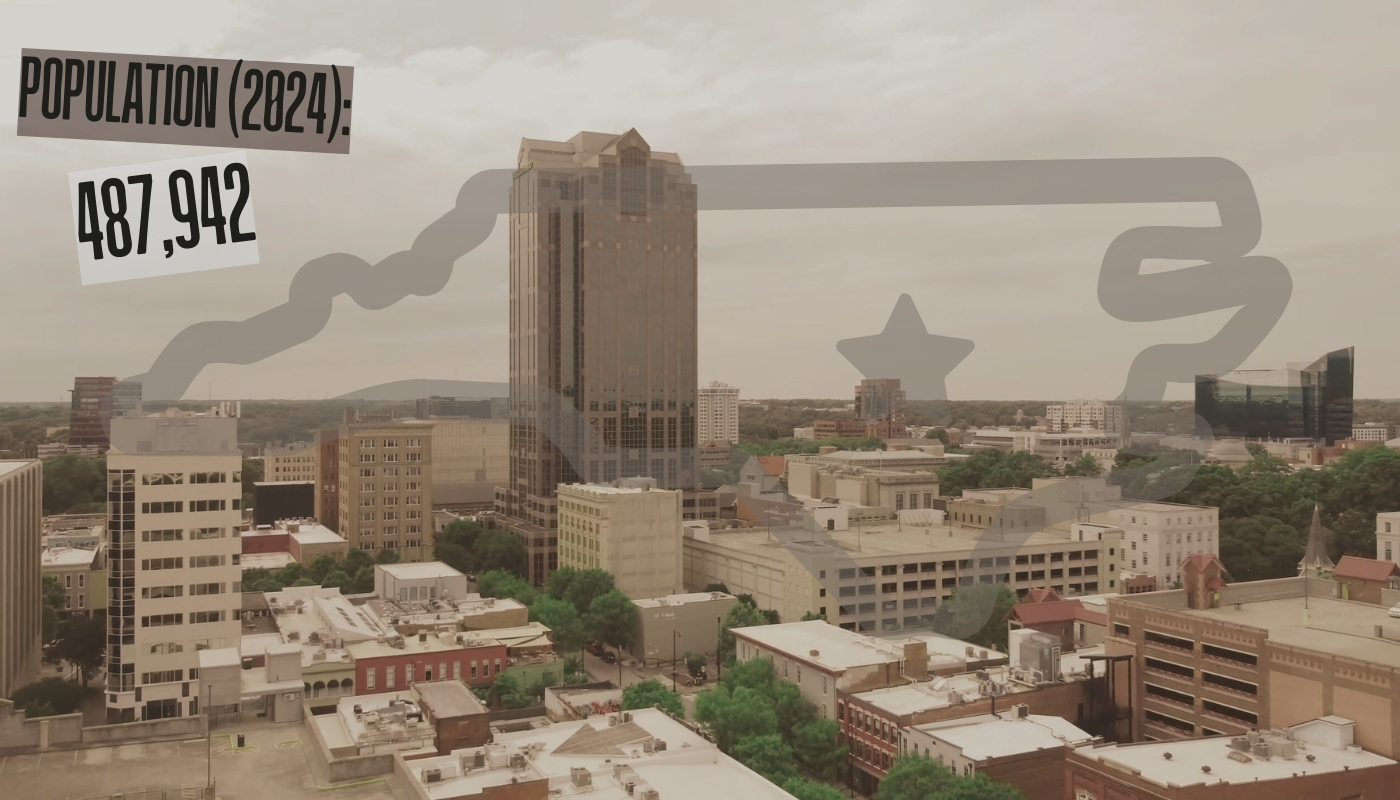
Raleigh keeps growing thanks to respected universities, an active music scene, and plenty of ways to spend free time.
World Population Review points out that strong academics and a rich culture make the city an attractive place for both living and working.
- Population (2024): 487,942
- Annual Growth Rate: 1.17%
- Population Increase Since 2020: 4.85%
- Median Age: 34.6 years
- Median Household Income: $112,110
- Poverty Rate: 11.81%
4. Dallas-Fort Worth, Texas
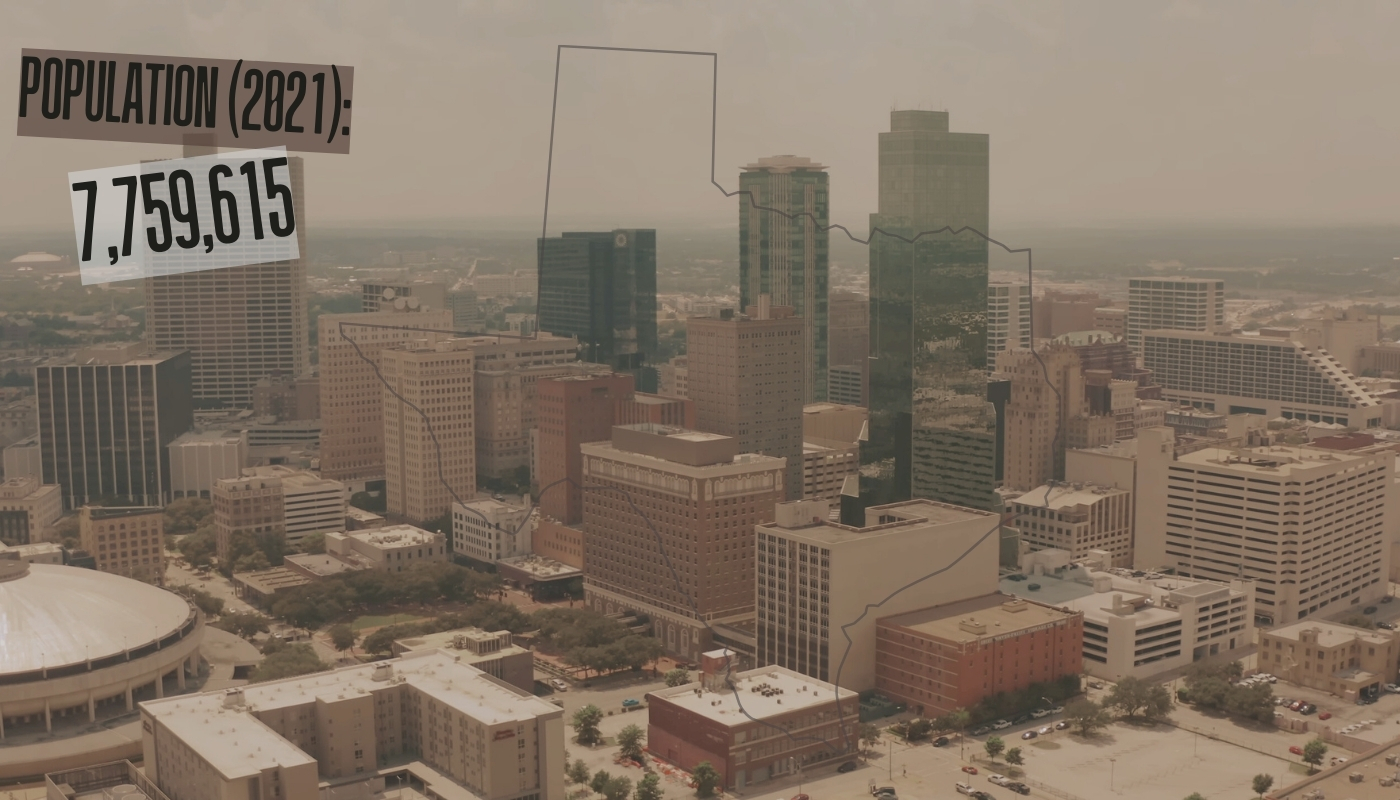
The area has seen a surge in population and a robust economy, with total employment increasing by over 11% since February 2020.
Despite a 38% rise in housing prices since early 2020, the median home price remains around $382,000, making it relatively affordable compared to other major cities, as noted by ISN.
- Population Growth Rate (2016-2021): 7.9% increase
- Total Population Increase (2016-2021): +564,857
- Population (2021): 7,759,615
- Median Home Price: Approximately $382,000
- Employment Growth: Over 11% increase since February 2020
5. Miami, Florida
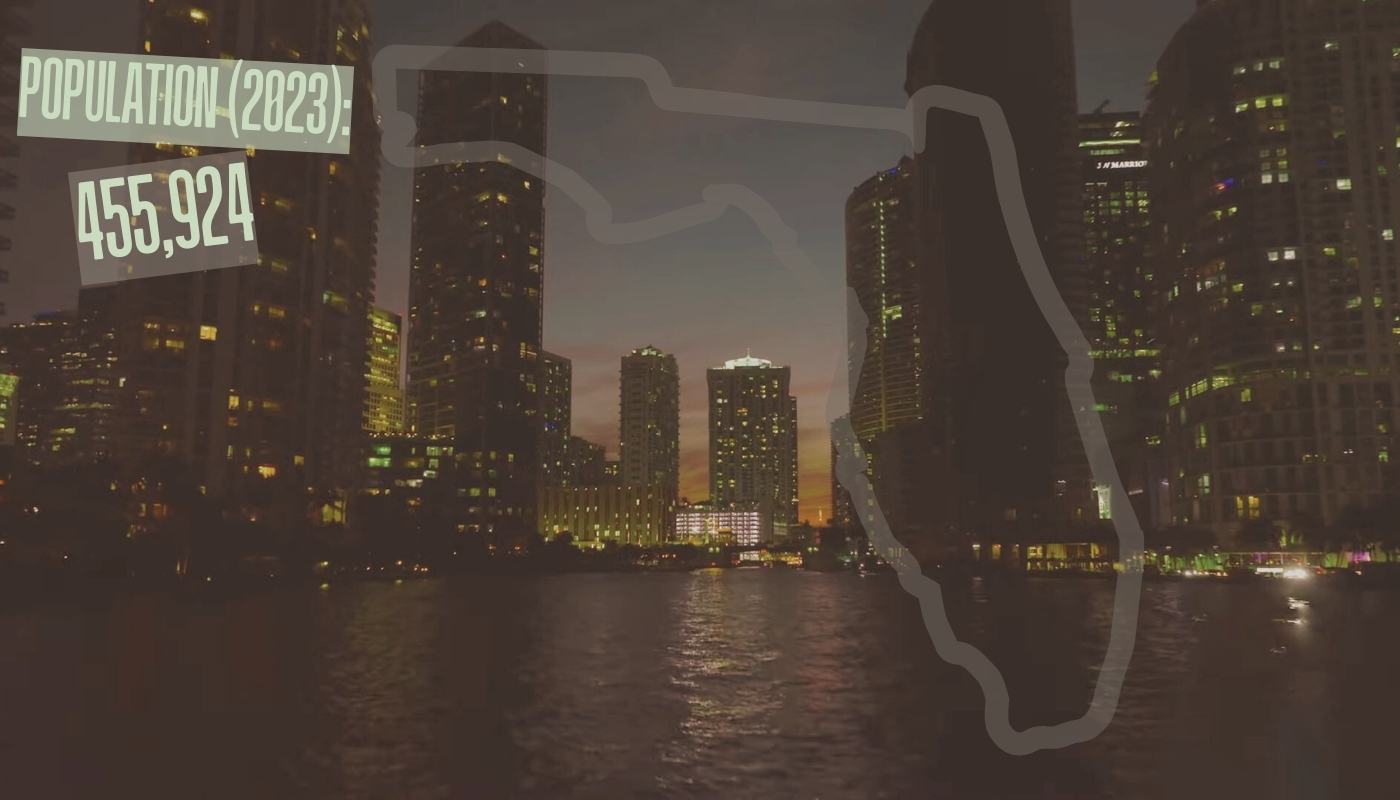
Miami continues to attract both domestic and international buyers with its unique cultural blend and active social scene.
The median home list price is approximately $498,300, with rental yields around 5% to 7% and potential appreciation of 6% to 8% in sought-after neighborhoods, according to PRweb.
However, investors should be mindful of higher-than-average insurance premiums and climate-related risks.
- Median Home Price: Approximately $498,300
- Rental Yields: 5% to 7%
- Projected Appreciation: 6% to 8%
6. Houston, Texas
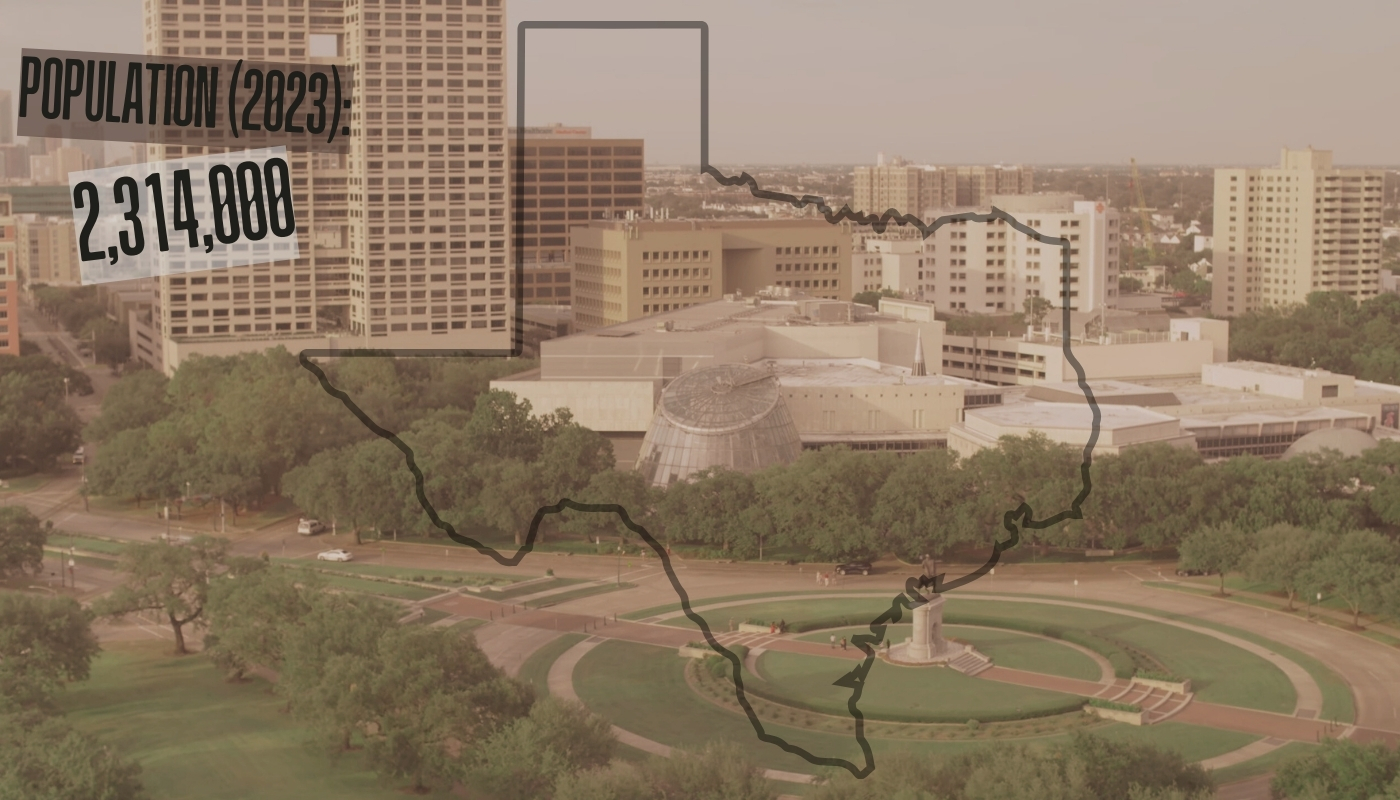
Houston’s thriving healthcare, tech, and green energy sectors have drawn nearly 140,000 new residents between 2022 and 2023.
The city remains relatively affordable, with a median home list price of $369,450 and a median monthly rent of $1,375.
Development-friendly policies, including a lack of formal zoning laws, further enhance its appeal, according to nypost.com.
- Population Growth: Nearly 140,000 new residents between 2022 and 2023
- Median Home Price: Approximately $369,450
- Median Monthly Rent: Approximately $1,375
- Population (2023): 2,314,000
7. Tampa-St. Petersburg, Florida
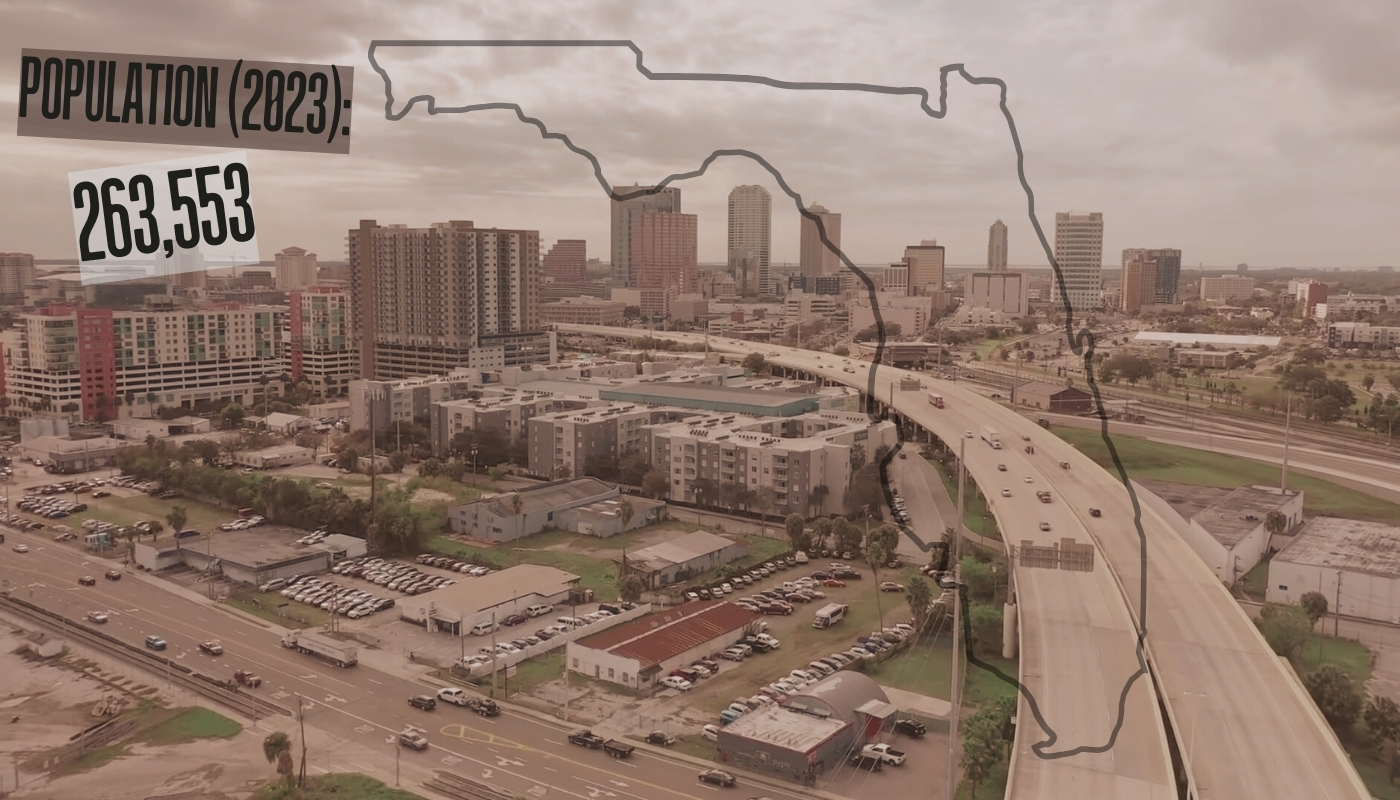
U.S. News notes that the Tampa in St.Petersburg area experienced significant population growth during the COVID-19 pandemic.
While the influx has slowed, the region is expected to rebound as mortgage rates stabilize.
The median home list price is around $370,000, with rental yields between 4% to 6% and projected appreciation of approximately 5% to 6% in growth neighborhoods.
Investors should consider climate and insurance costs when evaluating opportunities.
- Median Home Price: Approximately $370,000
- Rental Yields: 4% to 6%
- Projected Appreciation: 5% to 6%
- Population (2023): 263,553
8. Nashville, Tennessee
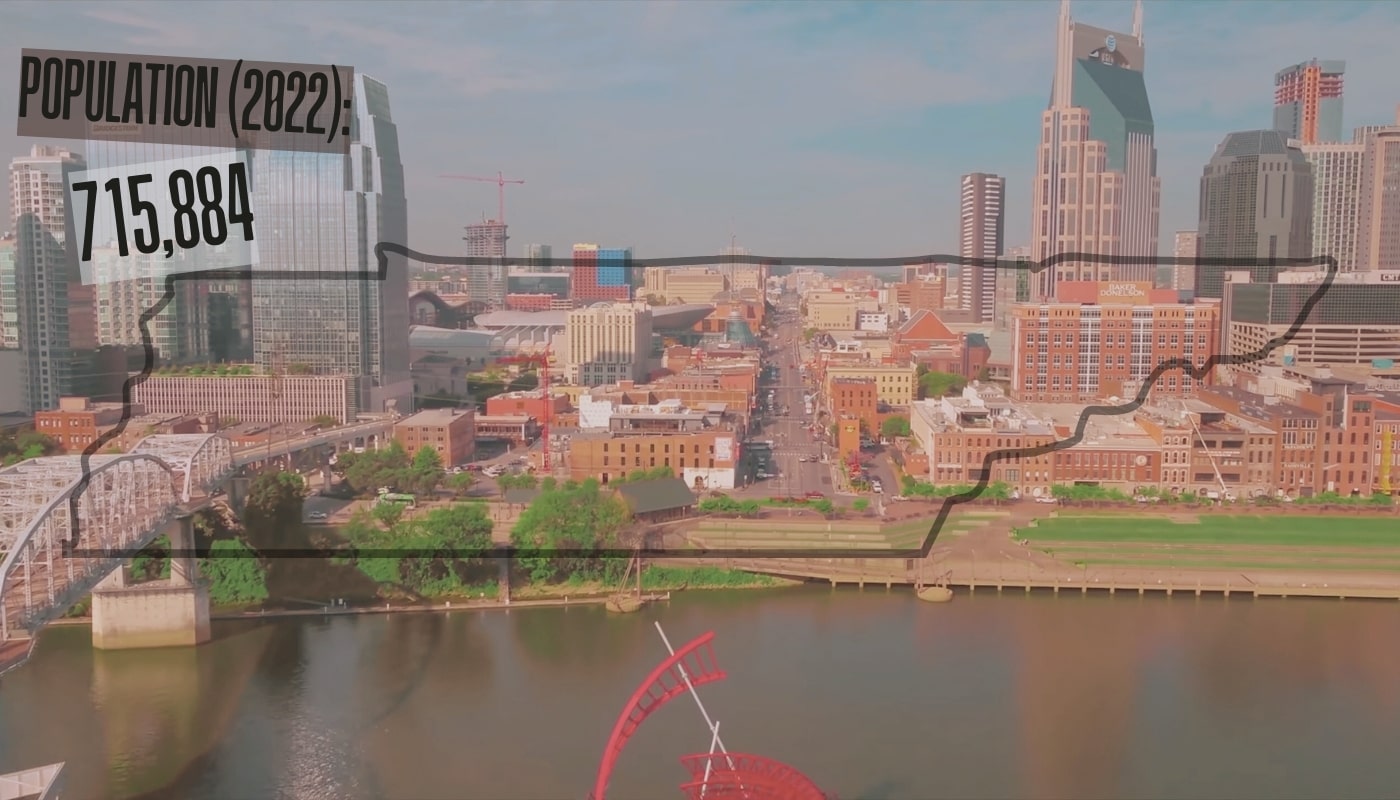
Nashville remains one of the fastest-growing markets in the country, with a median home list price of $455,000 and a median monthly rent of $1,578, according to Redfin.
The city grew by 86 people per day throughout 2023, driven by a strong business environment and cultural attractions.
- Population Growth: 86 people per day throughout 2023
- Population (2022): 715,884
- Median Home Price: Approximately $455, 000
- Median Monthly Rent: Approximately $1,578
Frequently Asked Questions
How Much of The United States Population Growth Comes from Immigration in 2025
Immigration remains a leading factor in national growth. Around 51.9 million immigrants live in the United States in 2025, equal to about 15.4 percent of the total population. Many cities on the growth list rely on immigrant labor to fill roles in healthcare, construction, and technology.
Which City Recorded the Highest Population Growth Rate in 2024
Princeton in Texas saw the sharpest increase in 2024, reaching about a 30 percent growth rate. Most of the fastest-expanding areas are in the South and West, where housing costs remain lower and employment opportunities are rising.
What Migration Trends Define the Population Shift in 2025
The South continues to gain new residents while the Midwest, West, and Northeast record declines. Between 2020 and 2024, more than two and a half million Americans moved to southern states, shaping major regional shifts in population and economy.
Which States Are Gaining the Most New Residents in 2025
Southern states such as Florida, Texas, and South Carolina lead in total population growth. States such as California, New York, and Illinois lose residents due to housing prices and taxes. Idaho and South Carolina each recorded growth above three percent due to strong housing markets and business expansion.
Final Thoughts
Cities grow, people move, and the country keeps adjusting. Some places rise through jobs, others through affordable housing, and many through pure determination. Behind every number is a person trying to make life work a little better.
Growth always brings a test. More traffic, higher rent, stretched schools. How leaders respond will shape what daily life feels like in every neighborhood that is growing right now.
That is the picture of America in 2025. Constant motion, steady change, and people doing their best to move forward.
